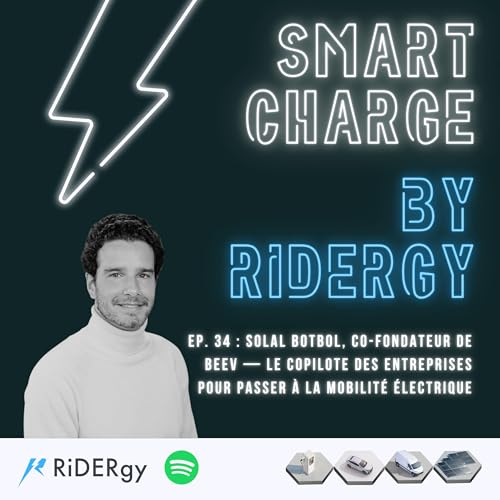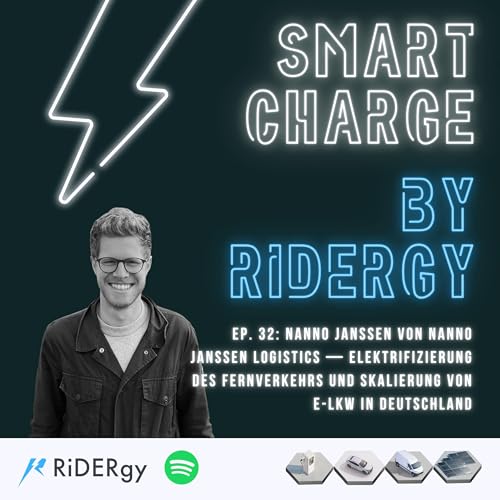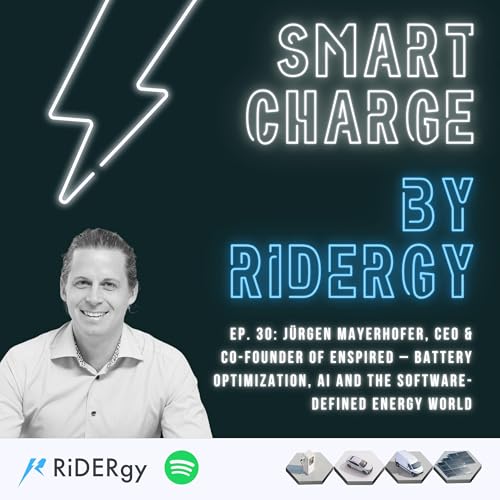In this episode Claudio speaks with Farhan Farrukh, Business Development Manager at NODES, the Norwegian flexibility market platform connecting grid operators and distributed energy resources. Farhan’s global journey—from growing up in Saudi Arabia and Pakistan to studying energy engineering in Belgium and France, and now shaping Europe’s local flexibility markets from Oslo—offers a truly international perspective on the energy transition.
We discuss how NODES evolved from a single Norwegian DSO experiment into a cross-European platform operating in Norway, Sweden, Finland, Belgium, and Canada, and how it helps grid companies defer costly grid upgrades by trading flexibility from batteries, EV chargers, heat pumps, and industrial assets.
Key topics include:
- The origin story of NODES and its digital twin approach to modeling distribution grids
- How DSOs, TSOs, and flexibility service providers (FSPs) trade capacity and energy on a local level
- Market products such as Long Flex, Short Flex, and Max Usage, and how they enable value stacking
- Why regulation and incentive design (CapEx vs. OpEx) are crucial for scaling flexibility markets
- Insights from pilots in Norway, Sweden, Finland, Belgium, and the UK
- API-first product design and how aggregators use it to integrate household and fleet flexibility
- The importance of smart meters, visibility, and DSO–TSO coordination for congestion management
Farhan also shares lessons from his startup ChargeBnB, the “Airbnb for charging” that tackled underused charging infrastructure in Norway, and what he learned about user trust, business models, and scaling challenges. We close with a look at E-mobility in Saudi Arabia and Pakistan, where new policies, solar economics, and two-wheeler electrification are redefining sustainable transport.
A deep dive into how market-based flexibility, smart regulation, and digital infrastructure can redefine how we balance the grid—one node at a time.
 1 hr and 9 mins
1 hr and 9 mins 1 hr and 2 mins
1 hr and 2 mins 1 hr and 5 mins
1 hr and 5 mins 1 hr and 25 mins
1 hr and 25 mins 1 hr and 44 mins
1 hr and 44 mins 1 hr and 21 mins
1 hr and 21 mins 1 hr and 20 mins
1 hr and 20 mins 1 hr and 20 mins
1 hr and 20 mins
